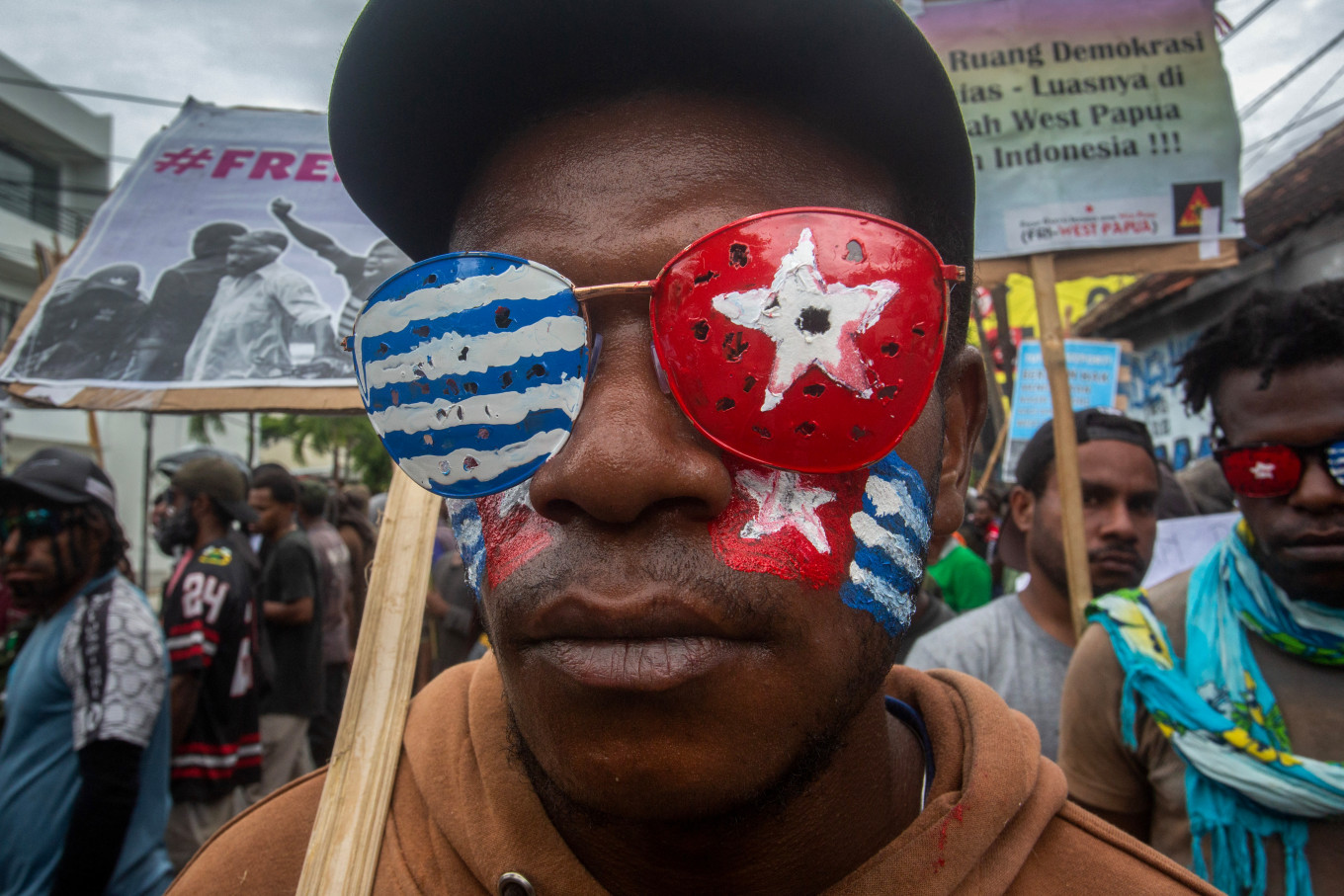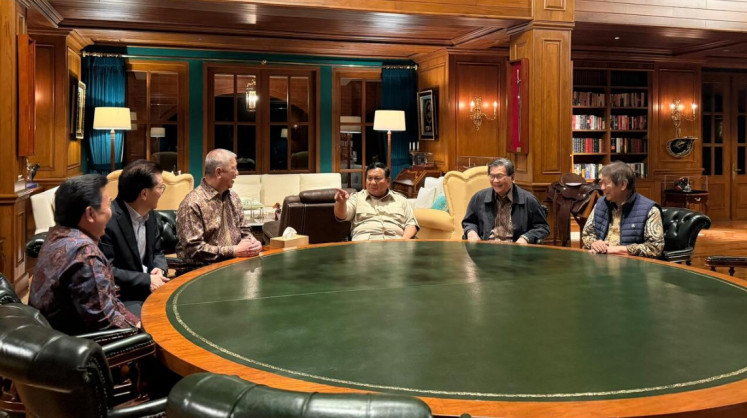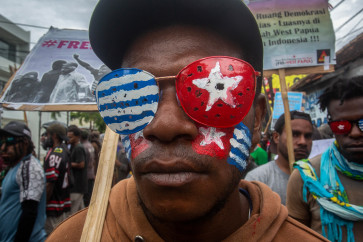Popular Reads
Top Results
Can't find what you're looking for?
View all search resultsPopular Reads
Top Results
Can't find what you're looking for?
View all search resultsPapua and the unfinished promise of Indonesian nationalism
Cross-sector action rooted in awareness, empathy and knowledge is needed to resolve Indonesia's crisis of nationalism with regard to Papua, not the mischaracterization, fearfulness and misinformation that has prevailed over past decades.
Change text size
Gift Premium Articles
to Anyone
I
ndonesia will mark on Sunday its 80th anniversary of independence, an event long associated with the spirit of nationalism emphasizing loyalty, pride and a commitment to defending sovereignty, advancing progress and upholding national dignity.
This nationalism is showing signs of erosion amid the country's ongoing multidimensional crises, symbolized by the widespread displaying of Japanese animated series One Piece’s Straw Hat Pirates flag as an expression of public disappointment. Many people feel they are now living in a state that has failed to protect and meet their needs.
For many Papuans, Indonesian nationalism remains a work in progress due to unresolved issues, which has prompted critical reflection on the region’s “integration” via the 1969 Act of Free Choice (Pepera) and the international law principle of uti possidetis juris (as you possess under law), which has upheld colonial borders as the basis for territorial legitimacy since 1945.
Within the national revolution doctrine, Papua symbolizes the “unfinished revolution”, its accelerated integration driven by Cold War geopolitics and resource potential, ideally ensuring equality in the spirit of nationalism and social justice.
Ironically, many Papuans still face violence, poverty and marginalization, while Indonesian nationalism often prioritizes territorial integrity over human rights in Papua. Social realities reveal that the state has failed to fully protect indigenous Papuans from inhumane practices.
This is a paradox: the nationalism rooted in state ideology Pancasila and the national motto Bhinneka Tunggal Ika (Unity in Diversity), which should serve as a bridge of solidarity, has instead become a wall of indifference. It has turned into a hegemonic project that marginalizes Papuan cultural identity, neglects justice and perpetuates violence in the name of national unity. The Papuan separatist movement capitalizes on this situation by threatening the region’s people who raise the Red and White flag on Independence Day.
The nationalism proclaimed across the country often stops at slogans without truly touching the realities of Papuan life. When armed security forces arrive, they instill fear instead of providing protection. Meanwhile, Indonesian society often reacts more quickly to humanitarian tragedies abroad than those occurring in Papua. True nationalism should nurture life, not allow one part of the nation’s body to remain in suffering.



















